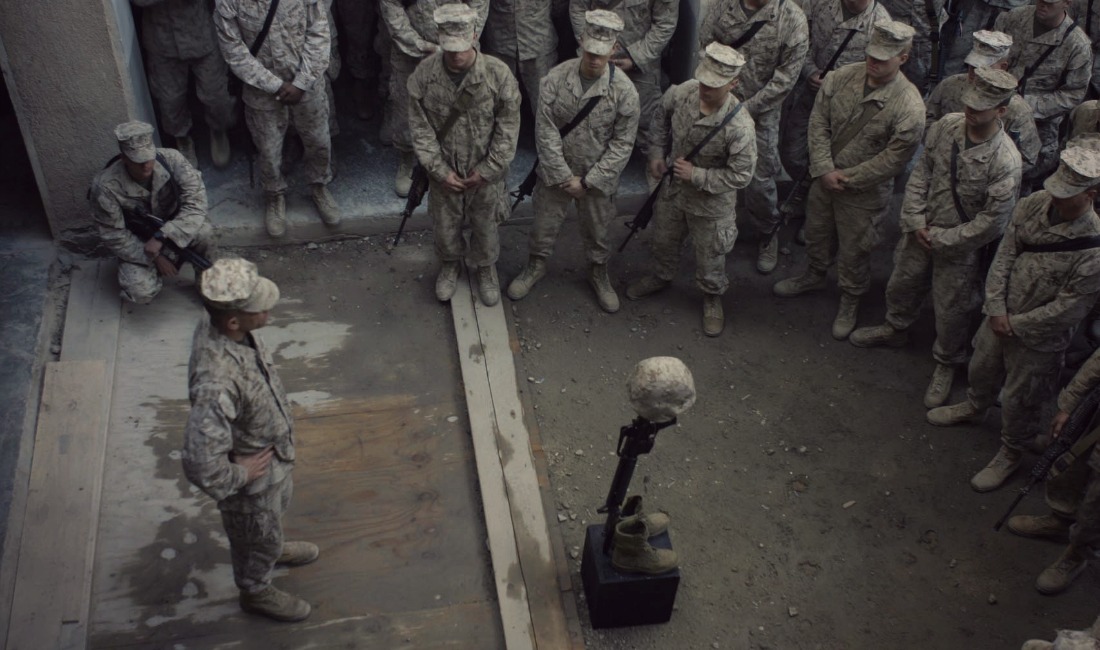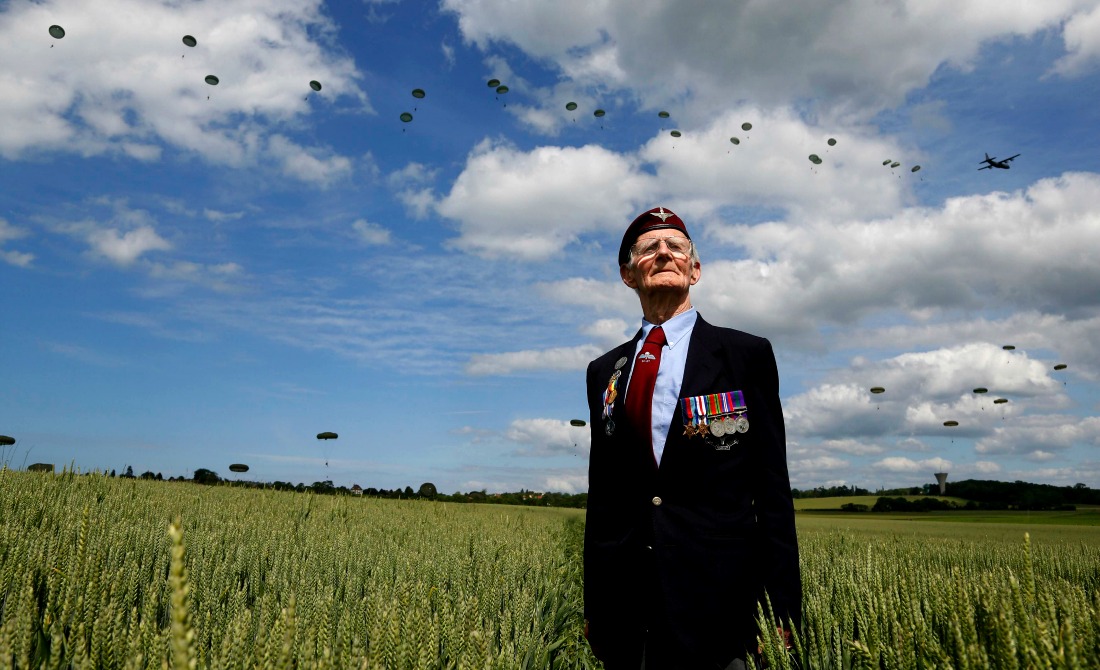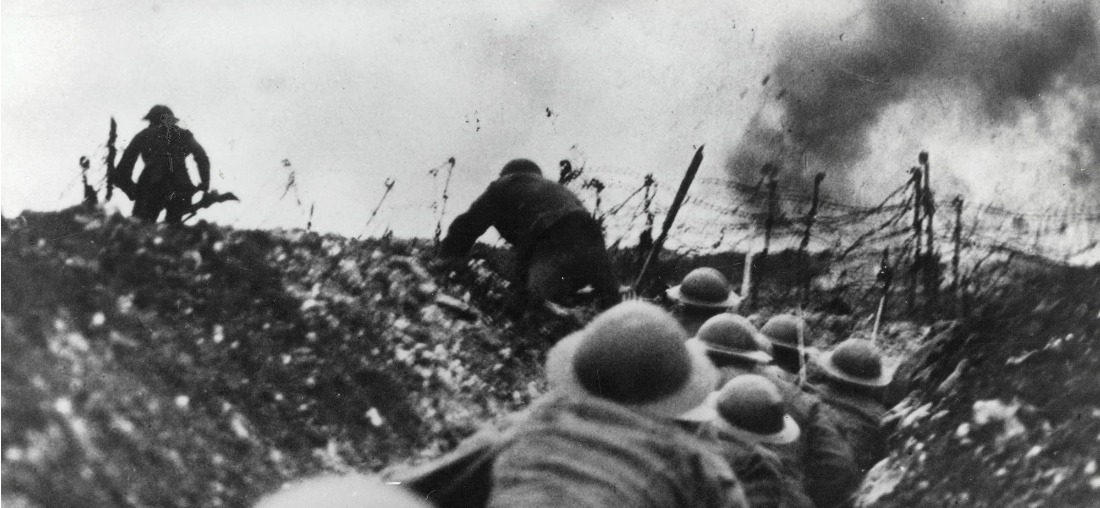The Price
Excerpted from The Assassins’ Gate: America in Iraq, by George Packer
On the evening of November 8, 2003, at around 7:40 p.m., a two-Humvee convoy pulled out through the front gate of the American base at the Rashid military camp in south Baghdad. The mission was to pick up a sergeant attending a meeting at the combat support hospital inside the Green Zone. In the rear left seat of the lead vehicle sat a twenty-two-year-old private named Kurt Frosheiser.
There was nothing obvious to set Private Frosheiser apart from the tens of thousands of other young enlisted men who served in Iraq. He was from Des Moines, Iowa. He had a twin brother, a married older sister, and divorced parents. He had been an indifferent student and a bit of a rebel through high school, and by age twenty-one he was a community college dropout, living with his sister’s family, delivering, pizza, and partying heavily. He had a brash, boyish smile, with his father’s full mouth and lidded eyes; he liked Lynyrd Skynrd and the Chicago Cubs; and one day in January 2003, he flew through the door with the news that he had just enlisted in the Army.
His father, Chris, wasn’t thrilled to hear it. There was a war on terror going on, and the strong possibility of a land war in Iraq. But he didn’t try to argue with his son. In February, Kurt dropped by his father’s apartment around two in the morning after a night out drinking and said, “I want to be part of something bigger than myself.”




